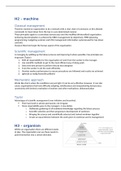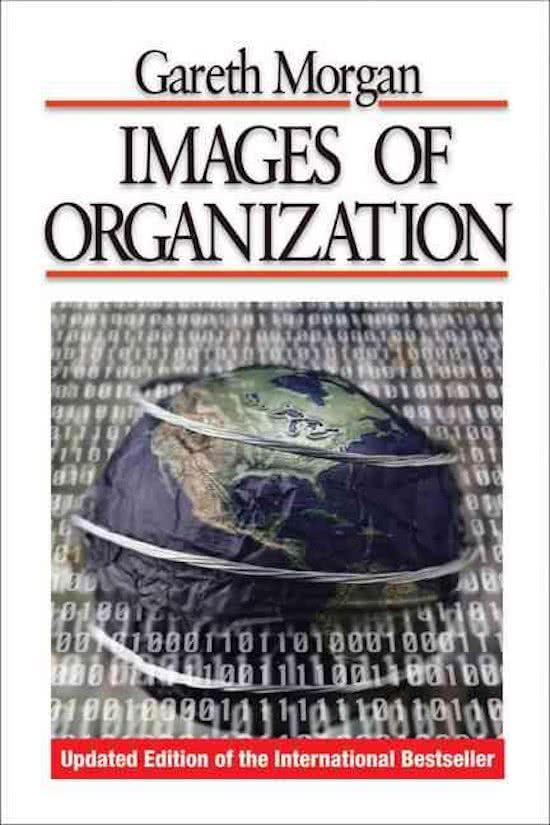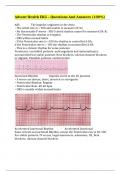Samenvatting
Samenvatting Images of Organization, relevante hoofdstukken voor IOW tentamen, ISBN: 9781412939799 Inleiding Organisatiewetenschap Voor De Publieke Sector (660405-B-6)
- Instelling
- Tilburg University (UVT)
In deze Engelstalige samenvatting worden alle belangrijke punten uit het boek avn Morgan (2006) op een overzichtelijke manier uitgelegd. Het document bevat alleen de belangrijke hoofdstukken die op het tentamen aan bod zullen komen (2021/2022).
[Meer zien]






